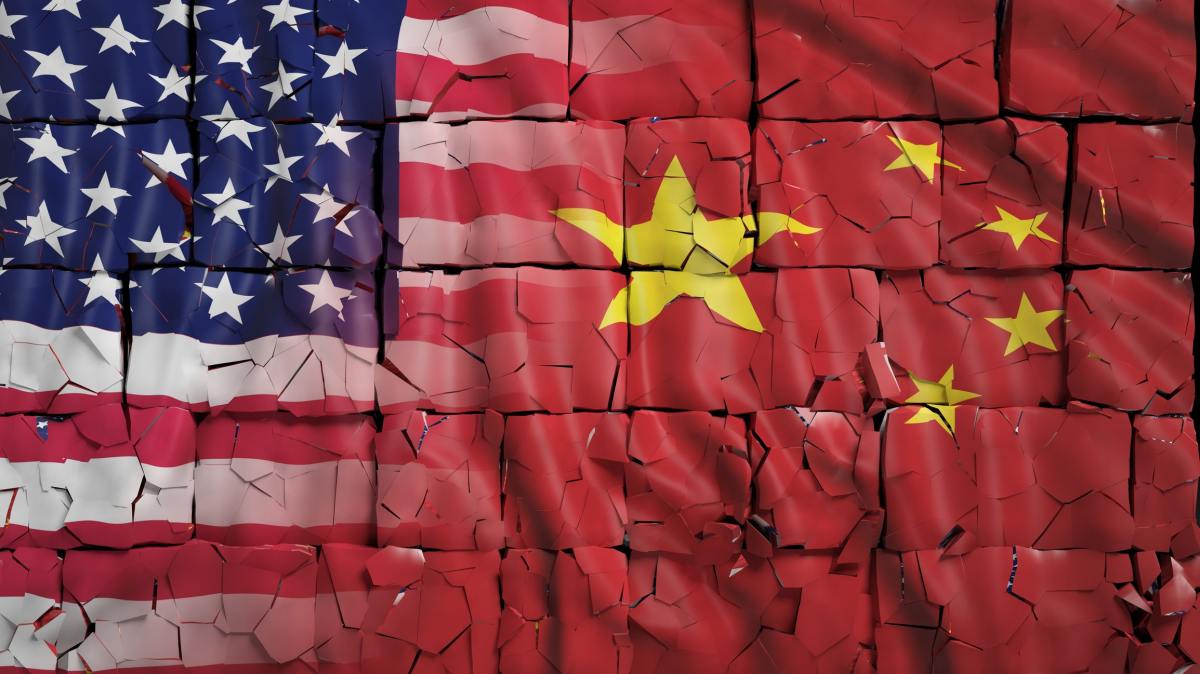Warner, Rubio introduce bill to protect U.S. from supply chain security issues

Two senators are trying to create a central government entity to deal with supply chain security and strategize over how to keep U.S. technologies safe from foreign theft in a bill introduced on Friday.
The bill, from Sens. Marco Rubio, R-Fla. and Mark Warner, D-Va., seeks to create a White House Office of Critical Technologies and Security. The new entity would take the lead in strategizing and coordinating across agencies to “protect against state-sponsored technology theft and risks to critical supply chains.”
The proposed bill comes as the government increases pressure on China for allegedly using its corporate presence and workers in the U.S. to steal intellectual property. The Justice Department in December unsealed indictments against two Chinese citizens for allegedly spying on dozens of U.S. companies and agencies by hacking managed service providers. The White House is also weighing a ban on American companies’ use of technology bought from Chinese technology giants Huawei and ZTE, according to Reuters.
“It is clear that China is determined to use every tool in its arsenal to surpass the United States technologically and dominate us economically. We need a whole-of-government technology strategy to protect U.S. competitiveness in emerging and dual-use technologies and address the Chinese threat by combating technology transfer from the United States,” Warner said in a statement.
The senators want the office to develop a strategy that cuts off the transfer of critical technologies to countries that the U.S. says pose a national security risk, and keeps a tight supply chain for those technologies so they don’t pose a domestic risk. The office would coordinate with agencies focused on national security, trade, science and technology, as well as regulators of the technology and communication industry.
“China continues to conduct a coordinated assault on U.S. intellectual property, U.S. businesses, and our government networks and information with the full backing of the Chinese Communist Party,” Rubio said. “The United States needs a more coordinated approach to directly counter this critical threat and ensure we better protect U.S. technology. We must continue to do everything possible to prevent foreign theft of our technology, and interference in our networks and critical infrastructure.”
Another function of the office would be to educate the public about the risks that might come with “improper acquisition and transfer of critical technologies by countries that pose a national security risk” and “reliance on foreign products identified by the Federal government that pose a national security risk in private sector supply chains,” according to the bill text.
China isn’t the U.S. government’s only foe when it comes to supply chain and technology transfer threats. Last year saw a drawn-out standoff between the U.S. and Russian cybersecurity company Kaspersky Lab over bans on government use of the company’s products due to suspicion of Russian government access to its data.





